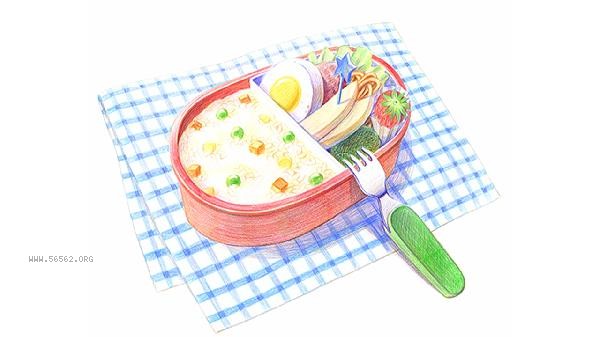The key to long-term storage of eggs lies in controlling temperature, humidity, and cleanliness. Methods such as refrigeration, oiling, and vacuum packaging can be used to extend the shelf life.

1. Refrigerated storage
Placing eggs in the refrigerator compartment is the most common way of storage. Maintaining a temperature of around 4 degrees Celsius can effectively inhibit bacterial growth and can usually be stored for 4-5 weeks. When storing, it is recommended to place the egg with the tip facing downwards to help keep the yolk centered. Be careful not to place eggs inside the refrigerator door, as frequent temperature fluctuations can affect storage effectiveness.
2. Oil sealing
Applying edible oil evenly on the surface of the egg can seal the pores of the eggshell, reduce water evaporation and bacterial invasion. Dip a clean cotton swab in a small amount of peanut oil or corn oil, gently apply it to the entire surface of the eggshell, and place it in a cool and ventilated place. This method can keep eggs at room temperature for 2-3 weeks. Please ensure that the surface of the egg is dry and clean before operation.
3. Vacuum packaging
Using food grade vacuum bags for vacuum storage can isolate oxygen, and when combined with refrigeration, it can extend the storage period to 2 months. When operating, it is necessary to choose intact and crack free eggs, and the vacuum pressure should not be too high to avoid crushing the eggshell. This method is suitable for households that require a large amount of storage, and should be consumed as soon as possible after opening.

4. Grain Burial
Eggs are buried in dry rice, wheat bran, or sawdust to maintain a stable environment using the moisture absorption and buffering properties of grains. Each layer of eggs should be covered with 3-5 centimeters thick grains and stored in a cool cellar or basement for about a month. Pay attention to checking whether the grains are damp or moldy, and regularly replace the drying medium. 5. Lime water immersion: Soaking eggs in a saturated lime water solution can form an alkaline protective layer. Prepare in a ratio of 1 kilogram of quicklime to 5 liters of water, dissolve completely, let it settle and clarify. Take the supernatant and soak the egg completely, seal the container and place it in a cool place. This method can be stored for 3-4 months, and should be thoroughly rinsed with water before use.
During the storage period, the condition of the eggs should be checked regularly. If there are cracks, odors, or floating phenomena, they should be discarded immediately. Different storage methods can be combined for better results, such as applying oil first and then refrigerating. Regardless of the method used, fresh and clean eggs should be selected before storage. Eggs with feces or bloodstains on the surface should be cleaned first. Long term stored eggs are recommended to be used first for fully heated cooking methods, avoiding making soft boiled eggs or raw food. Household storage should not exceed the recommended period, and the storage time of clean eggs in commercial sterile packaging can be appropriately extended.









Comments (0)
Leave a Comment
No comments yet
Be the first to share your thoughts!